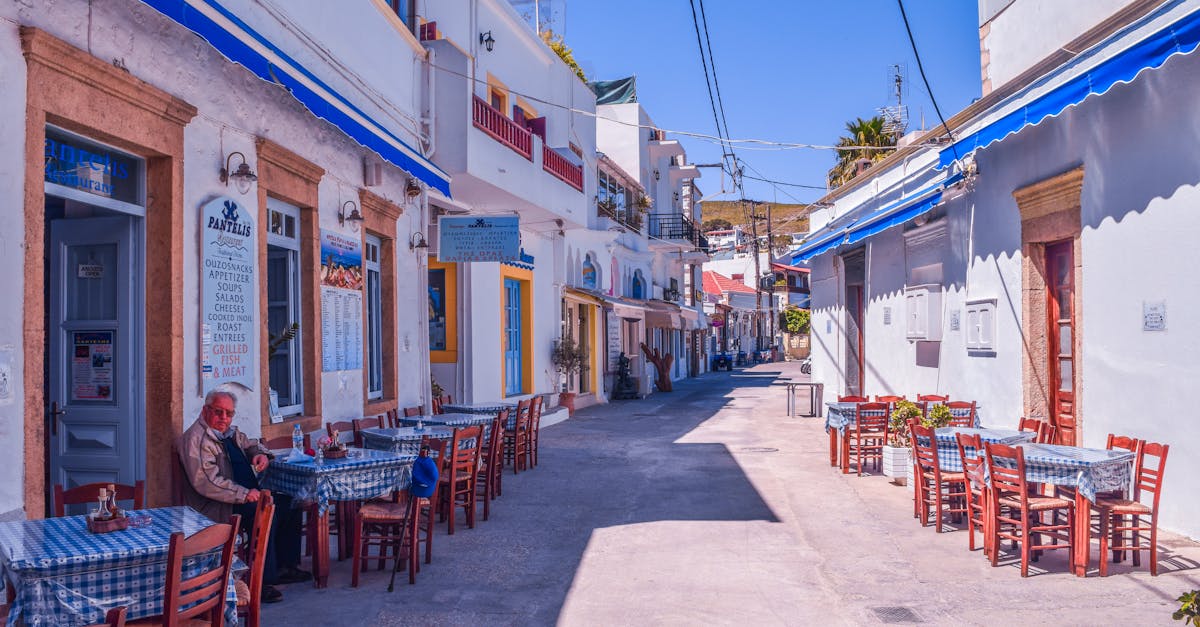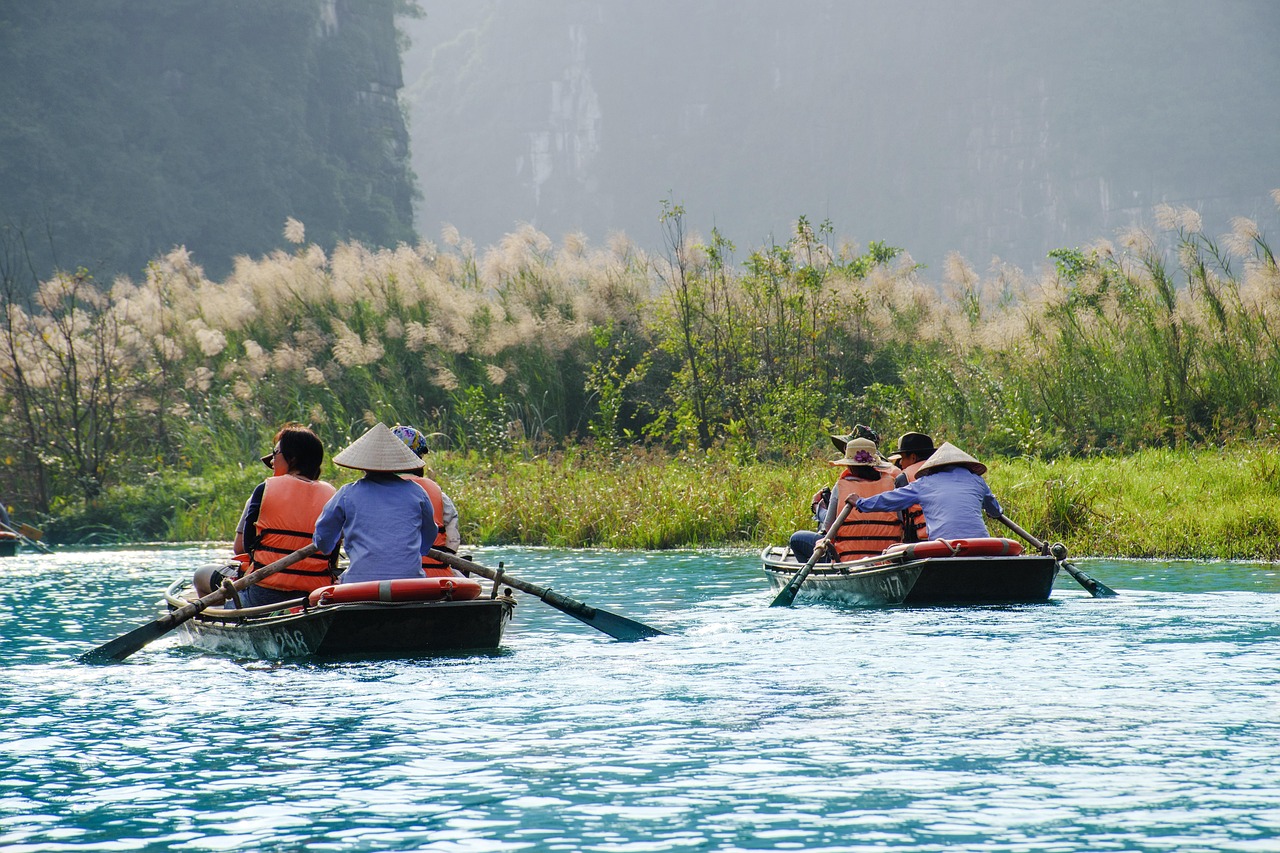7 Sustainable Swaps to Make Your Next Trip 90% More Eco-Friendly
As global awareness of environmental issues grows, travelers are increasingly seeking ways to explore the world while minimizing their ecological footprint. Sustainable travel isn't just a trend—it's a necessary shift towards protecting our planet for future generations. The tourism industry contributes significantly to carbon emissions, waste, and environmental degradation. However, by adopting mindful practices and sustainable swaps, travelers can significantly reduce their impact. This article will explore seven impactful swaps that can make your next trip 90% more eco-friendly, helping you become a conscientious traveler who contributes positively to the places you visit.
Choose Eco-Conscious Accommodations

The first step towards sustainable travel is selecting accommodations that prioritize environmental responsibility. Many hotels and hostels now offer eco-friendly options, such as using renewable energy sources, implementing water conservation practices, and reducing waste through recycling programs. Look for certifications like LEED (Leadership in Energy and Environmental Design) or Green Key, which indicate a commitment to sustainability. Additionally, consider staying at eco-lodges or community-based accommodations that support local economies and conservation efforts. By choosing green accommodations, you can enjoy your stay knowing your lodging aligns with sustainable practices.
Opt for Sustainable Transportation

Transportation is a major contributor to carbon emissions, but travelers can make more sustainable choices by opting for trains, buses, or carpooling instead of flying. Rail travel, in particular, offers a lower carbon footprint and a scenic way to explore new destinations. If flying is unavoidable, consider booking non-stop flights, as takeoffs and landings generate the most emissions. Some airlines also offer carbon offset programs, allowing passengers to invest in environmental projects that balance out their flight's carbon impact. By prioritizing eco-friendly transportation, travelers can significantly reduce their trip's environmental impact.
Pack Light and Smart

Packing light not only makes travel easier but also reduces the carbon emissions associated with transporting heavier luggage. Airlines consume more fuel for heavier loads, so every pound counts. Choose versatile clothing that can be layered, and prioritize items made from sustainable materials like organic cotton or recycled fabrics. Additionally, bring reusable items such as water bottles, shopping bags, and utensils to minimize single-use plastics. By packing thoughtfully, travelers can reduce waste and contribute to a more sustainable travel experience.
Support Local and Sustainable Dining

Dining choices can greatly impact the sustainability of your trip. Prioritize eating at local restaurants that source ingredients from nearby farms, reducing the carbon footprint associated with transporting food long distances. Look for eateries that emphasize organic and seasonal produce, and consider trying plant-based meals, which typically have a lower environmental impact. Supporting local food markets and producers not only enhances your culinary experience but also contributes to the local economy and promotes sustainable agricultural practices.
Engage in Responsible Tourism Activities

When planning activities, choose tours and experiences that prioritize environmental conservation and community engagement. Eco-tours often focus on education and protecting natural habitats, while community-based tourism initiatives empower local populations and preserve cultural heritage. Avoid activities that exploit wildlife or damage ecosystems, such as riding elephants or visiting poorly managed animal sanctuaries. By participating in responsible tourism, travelers can enjoy enriching experiences while supporting the preservation of natural and cultural resources.
Minimize Waste and Practice Recycling

Travel can generate significant waste, but travelers can minimize their impact by practicing mindful consumption and recycling. Bring reusable containers for snacks and toiletries, and avoid single-use plastics whenever possible. Many destinations now offer recycling facilities, so familiarize yourself with local recycling guidelines and dispose of waste responsibly. Consider participating in community clean-up efforts or supporting organizations that focus on waste reduction. By making conscious choices, travelers can significantly reduce the waste generated during their trips.
Offset Your Carbon Footprint

Despite best efforts, some carbon emissions are inevitable when traveling. Offset programs provide an opportunity to balance these emissions by investing in environmental projects such as reforestation, renewable energy, and community development initiatives. Many organizations offer calculators to help travelers estimate their carbon footprint and purchase offsets accordingly. By supporting these projects, travelers can contribute to global efforts to combat climate change and promote sustainable development. Offsetting is a practical way to take responsibility for your travel's environmental impact.
The Path to Sustainable Exploration

Adopting sustainable travel practices is essential for preserving our planet and ensuring that future generations can enjoy the wonders of the world. By making conscious choices in accommodations, transportation, dining, and activities, travelers can significantly reduce their ecological footprint. Each sustainable swap not only contributes to environmental conservation but also enriches the travel experience by fostering deeper connections with local communities and ecosystems. As we embrace these changes, we pave the way for a more sustainable and responsible form of exploration, ultimately benefiting both travelers and the destinations they cherish.








